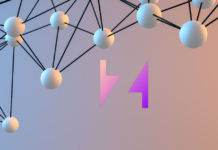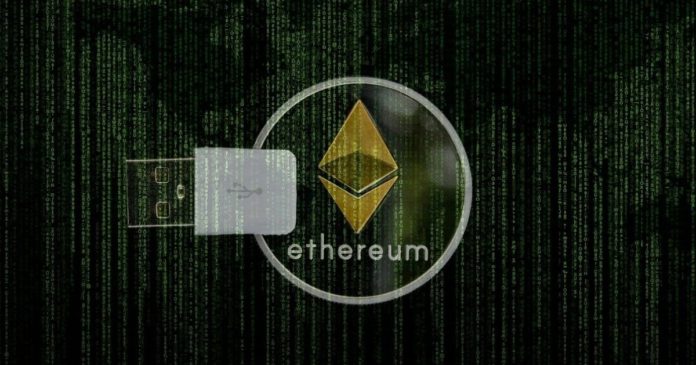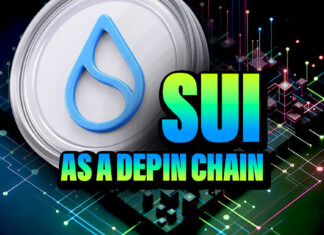During an interview with David Hoffman and Ryan Sean Adams of the Bankless podcast, Vitalik Buterin revealed updates on the release of Ethereum 2.0.
A report from the podcast gave some highlights concerning some areas of the conversation with Vitalik Buterin. These areas were mostly concerning the release of the Ethereum 2.0.
Ethereum 2.0 launches soon
Buterin says Ethereum 2.0 will be launching soon as testing has already been done for phase 0. It is pertinent to note that Ethereum 2.0 will undergo certain phases before release: Phase 0 (Beacon Chain – Proof-of-Stake), Phase 1 (Shard Chains), and Phase 2 (State Execution). Thus, phase 0 will move the Ethereum 2.0 towards a PoS consensus mechanism.
With PoS, Buterin notes that the miner-centralization risks and energy waste of Proof-of-Work (PoW) systems will be drastically reduced. This would increase openness and democracy to both the stakers and the users. After that, Phase 1 will introduce sharding capability to Ethereum. Sharding provides a solution to scalability, which is capable of increasing on-chain transaction throughput from 15 TpS up to 100K TpS. However, this depends on the phase and application.
To make ETH easily accessible and open, scalability must come into play. With this, global architecture can be achieved without the need for centralized intermediaries.
“We believe that the base layers of the new internet should be an open thing that is expected for regular users to be able to participate in,” says Vitalik Buterin.
Distribution of PoS and Ether
Since 2015, PoS and sharding have been part of the Ethereum social contract. The contract was cemented by the DAO fork, resulting in the opposition making the decision to move to the ETC chain. In 2014, Vitalik discussed PoS as a solution to some problems in cryptocurrencies. He also wrote about the similitude between PoS and PoW. In 2019, Vitalik talked about the problems found in the cryptocurrency sphere and the progress that has been made on each of them.
One problem that Buterin addressed concerning cryptocurrencies is the invention of distribution mechanisms that are completely neutral. The only distribution mechanisms that are credibly neutral are PoS and PoW. This also means that no human intervention is required. Since PoS distributes to existing holders rather than new holders, it is not clearly a distribution mechanism.
This means that holders are paid to secure the network, but the wide currency distribution is not improved in any way. As it stands, before new distribution components can be accepted, they must be ready to face resistance. PoS is also capable of reducing Ethereum issuance and it can be done when more or equal security is provided with the same Ethereum issuance.
Sharding in Ethereum 2.0
The logical subset of the blockchain to which nodes can be assigned is referred to as a shard. A shard is not a cluster of nodes. Rather, a node can even be a component of one or more shards. For example, in every block, every node is assigned a different shard. It is important for sharding to be resistant to 1% attacks.
Sharding works with scalability and in enabling on-chain scalability, and the use of fraud proofs is key. Fraud proofs have an assumption that the network is working sufficiently in order to allow transactions to pass through a validating node. By implementing sharding, such assumptions can be reduced.
Improving decentralization
Ethereum is known for the improvement and promotion of decentralization. Centralization is seen as an attack vector, as reflected in the case of EOS bribing attacks and the Steem take over by Justin Sun. So even in the case of political disagreements, a governance mechanism that is truly decentralized will always have the same output.
Vitalik Buterin noted, “Trying to take a more centralized path is the sort of thing that works well in the short term, but it ends up really biting you in the long term.”
He said that only a limited number of chains focused on decentralization can be sustained in the market. This shows that success will come to those chains that are committed to staying decentralized.
Recently, PayPal announced the release of a new service that allows users to buy, sell, and hold cryptocurrency using their PayPal account.
As of the time of publication, Ethereum price was $403.96 with a 24-hour trading volume of $10,875,636,635. ETH price also rose by 4.2% over the last 24 hours. The token also has a circulating supply of 113 million coins.
For more cryptocurrency news, check out the Altcoin Buzz YouTube channel.




























